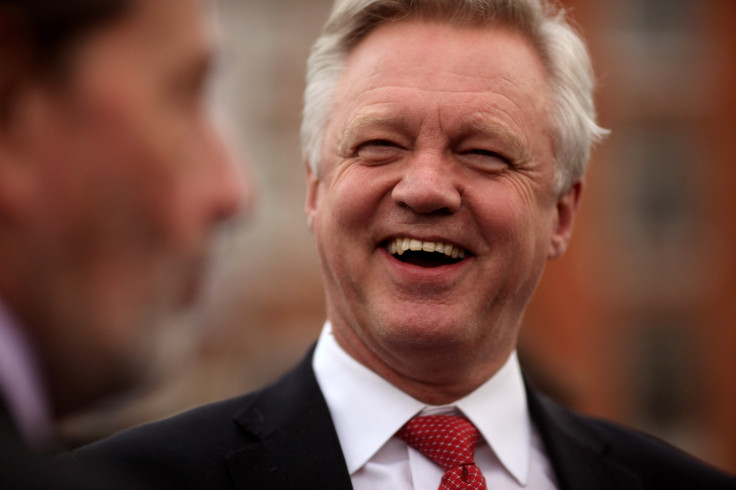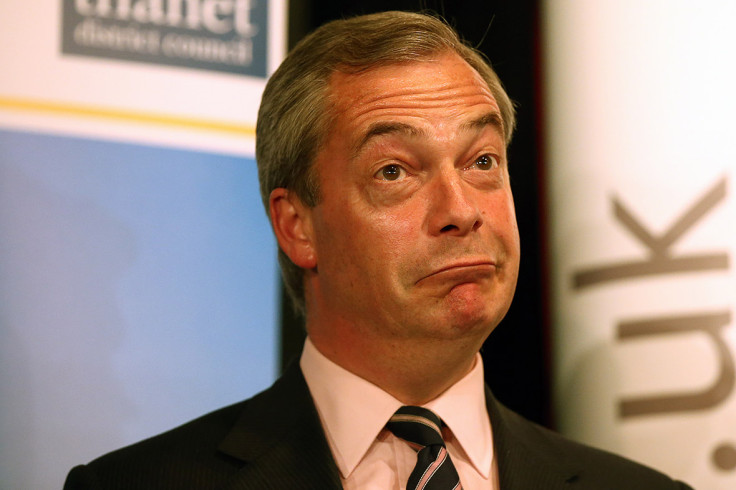David Davis: Former Europe minister says EU vote could be held in 2016

A historic vote on the UK's membership of the European Union (EU) could be held a year ahead of promised, according to David Davis.
The influential backbench Tory and former leadership contender claimed David Cameron could hold the referendum next year because the negotiations between the prime minister and Brussels have "really all happened".
"Look, I used to be a Europe minister. The negotiations have really all happened in the last month, sometimes in the last week, sometimes in the last hour," Davis told the BBC's Victoria Derbyshire show.
"All that goes before is a sort of courtship ritual. Once it's clear what the government wants out of it, then we should get on with it."
The former Conservative leadership contender stressed that his party's EU referendum commitment was an "important issue" to voters and now the prime minister must arrange a timetable.
Look, it's an issue that has to be resolved. It was an important issue in this election on the doorstep and we're going to have a referendum in two years, maybe one year. So it's got to be sorted out in short order," Davis added.
The Haltemprice and Howden MP also revealed that he did not know what Cameron and his new government wanted out of negotiations with Brussels.
But Davis said he expected to be told more about the prime minister's plans when Cameron addresses the 1922 Committee of backbench Conservative MPs later this morning.
Farage's warning

Meanwhile, Nigel Farage warned that the vote must be free and fair so the electorate are not manipulated.
The Eurosceptic firebrand also stressed that the "big question" for the referendum was who can and cannot vote?
"I was involved with the Irish referendum, we saw all of the Irish reject the Lisbon treaty a couple of years ago and then they were made to vote again.
"Because in a general election it's British passport holders that vote, but in European elections and local elections [in the UK] people with EU passports can vote.
"There are four million EU citizens living in this country, can they vote or not? I hope that [Davis] manages to get that question answered [at the 1922 Committee meeting with Cameron]."
The comments come after Jose Manuel Barroso, the former EU Commission president, took to the airwaves this morning to argue that Cameron can keep the UK within the political and economic union.
"I think now [Cameron] has internally greater authority to make the case for Europe. As you know, the anti-European Ukip party was reduced to a very small expression, almost irrelevant," he told BBC Radio 4's Today programme.
"The other leaders of the European Union, all of them I know well, our willing to accommodate some concerns and points made by Britain, providing they are compatible with the overall project of European integration."
Cameron's thoughts may be elsewhere this morning as he announces his cabinet after securing a shock majority in the House of Commons at the general election.
Boris Johnson, the Mayor of London, is probably the most high-profile appointments to Cameron's government. The new MP for Uxbridge and South Ruislip is now the minister without portfolio.
© Copyright IBTimes 2025. All rights reserved.






















